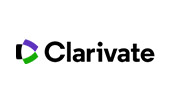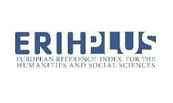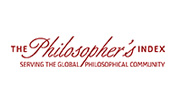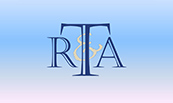IMPACT OF ISLAMIC WORK ETHICS ON EMPLOYEE VOICE AND DEVIANCE: A MORAL DISENGAGEMENT PERSPECTIVE
Elnagi M. Hamid
College of Arts, King Faisal University, Saudi Arabia.
Abdisamat Sattarov
Department of Finance and Tourism, Termez University of Economics and Service, Uzbekistan
DOI: https://doi.org/10.24204/ejpr.2025.4807
Abstract
Purpose: Focusing on the mediating role of moral disengagement, this research examines the impact of Islamic work ethics on employee voice and company deviant behavior. It aims to explore whether cognitive motivations strengthen or weaken the effect of ethical values on organizational activities. Method: Data were collected from 235 full-time workers across various organizational levels employing a quantitative research approach. Islamic work ethics, employee voice (proactive and prohibitive), organizational deviant behavior, and moral disengagement were assessed by applying proven scales from prior research. ADANCO was employed to investigate the direct and mediated relationships between the variables employing structural equation modeling (SEM). Findings: The results reveal that Islamic work ethics significantly reduce organizational deviant behavior and positively affect employee voice. Additionally, the positive effect of Islamic work ethics on employee voice is mediated by moral disengagement, which also accounts for the link between Islamic work ethics and organizational deviance. The findings highlight how important moral workplaces are to instill good employee behavior and suppress immoral action. Originality/Implications: This study extends existing theories by integrating ethical values and cognitive justifications in workplace behavior research. The findings provide practical insights for organizations to strengthen ethical climates, encourage employee voice, and mitigate moral disengagement to reduce workplace deviance.
Keywords: Islamic Work Ethics, Employee Voice, Organizational Deviance Behavior, Moral Disengagement






